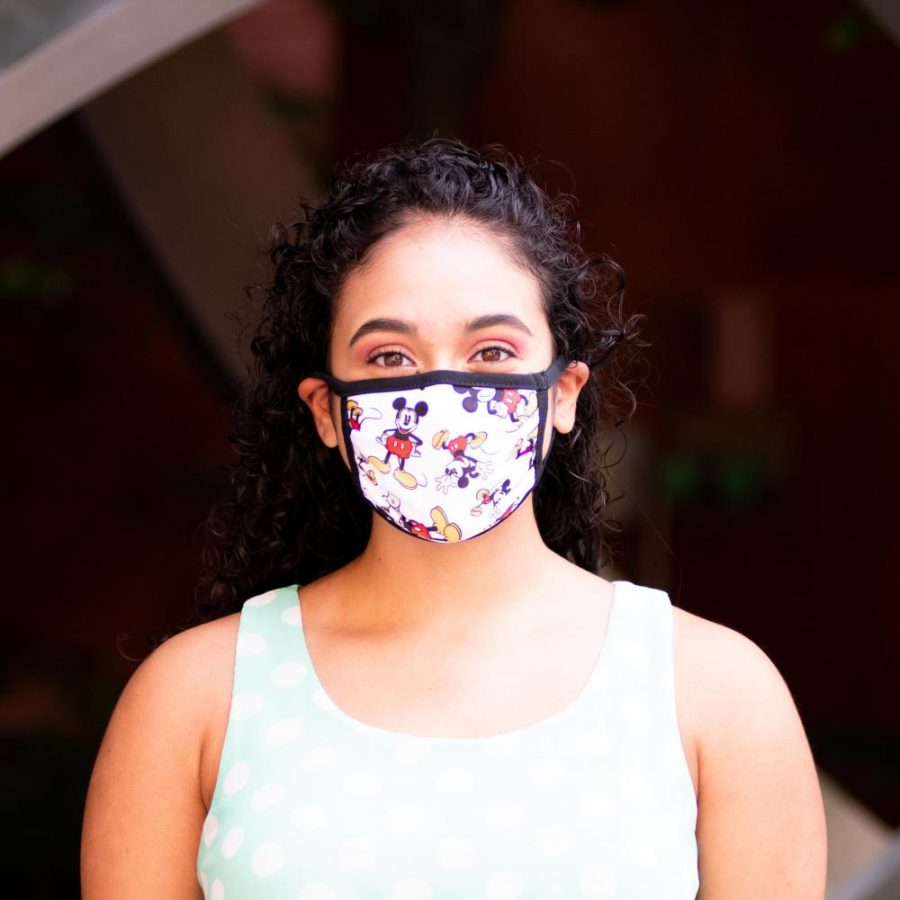Email Nicole Chiarella at [email protected].
Note: This article contains mentions of sexual assault which may be triggering to some readers. Please proceed with caution.
On Sept. 6, NYU made national headlines after suspending over 20 students for violating coronavirus policies. While NYU did not define the specific circumstances of the suspensions, videos surfaced of individuals — many of whom may have been NYU students — partying in Washington Square Park with little regard to social distancing guidelines. Previously, NYU repeatedly communicated to students that any violation of public health policies would result in severe consequences. In an email to students on Sept. 3, Marc Wais, Senior Vice President for Student Affairs, wrote that students found defying coronavirus policies would likely be suspended between one academic semester and one full academic year.
NYU’s suspension of multiple students demonstrates its capability for enacting and upholding stringent punishments for those who breach University policy. This ability to adequately discipline students, however, fails to translate to perpetuators of sexual harassment and violence on campus.
NYU has a troubled record of sexual harassment embedded within the figurative walls of its campus. In March 2019, seven women came forward with allegations of sexual harassment against Michael H. Steinhardt — the multimillion dollar donor behind Steinhardt School of Culture, Education and Human Development’s namesake. An NYU investigation into these allegations found Steinhardt guilty of making inappropriate remarks towards members of the NYU community. Although members of the NYU Board of Trustees “may be removed with or without cause at any time,” Steinhardt still sits on the NYU Board of Trustees.
In Aug. 2018, Avital Ronell — a professor of German and Comparative Literature — was the subject of an 11-month Title IX investigation brought on by accusations of “sexual harassment, sexual assault, stalking and retaliation” toward one of her former graduate students. The investigation concluded Ronell was at fault for sexual harassment, but absolved her of all other charges. While NYU suspended Ronell for one academic year, the University welcomed her back for the fall semester in 2019. She currently teaches in the department of German and Comparative Literature.
The cases of Steinhardt and Ronell exemplify NYU’s consistent failure to act in the interest of its students’ safety. Although NYU preaches a supposed commitment to maintaining a “safe learning, living, and working environment” for its students, its efforts to do so are simply not enough. However, NYU has shown time and time again it is completely capable of caring about its students when it comes to COVID-19 — from reducing classroom density to a tracker that documents each new positive case. Student-led Instagram accounts dedicated to building a safe haven for survivors highlight NYU’s ineptitude at taking meaningful disciplinary action against instigators of sexual harassment and assault.
Through anonymous posts relaying instances of sexual harassment, assault and NYU’s administrative failures, these Instagram accounts seek to elevate the voices of survivors while shedding light on the inaction and failures of the university to hold perpetuators of sexual assault accountable. One story details the sexual assault of an NYU student by a repeat offender, who was also an NYU student at the time. The account alleges that after reporting the assault to NYU and enduring a six-month investigation and trial — during which the offender graduated and obtained a job — NYU ruled that the alleged offender was innocent of any crime. The post states NYU cited the survivor’s ability to call a cab as evidence that their level of intoxication had not reached a degree to which they could not consent — NYU equated their ability to call a cab to giving affirmative consent.
“Reporting what happened to me and going through a whole trial was super difficult and at times it felt like NYU’s decision invalidated my experience,” the post reads.
NYU’s seemingly willful inaction in sexual assault cases point to an unacknowledged dissonance between its rhetoric of safety and its actions. Sexual assault is not a new issue at NYU. Nevertheless, NYU’s continual passivity showcases how without a financial incentive — such as the one provided by reopening campus amid a pandemic — sexual assault will remain as a mere administrative afterthought, subsequently harming survivors. Its persistent disregard for survivors of sexual assault fosters a toxic campus environment that safeguards the accused and ostracizes the very students NYU claims to protect. NYU cannot continue to treat cases of sexual harassment and assault with timidity and doubt; it must approach these situations with the same ferocity and fearlessness as it does with cases of students violating COVID-19 guidelines.
NYU needs to provide substantial and authentic support for survivors, especially in light of new Title IX protocols that now give increased rights to the accused. The idea that NYU holds the potential to evolve into an institution that believes survivors and prioritizes their needs does not have to be confined to the idealistic imaginations of its students.
One in five college women will be sexually assaulted during their time in college. How many will NYU protect?
Opinions expressed on the editorial pages are not necessarily those of WSN, and our publication of opinions is not an endorsement of them.


























































































































































